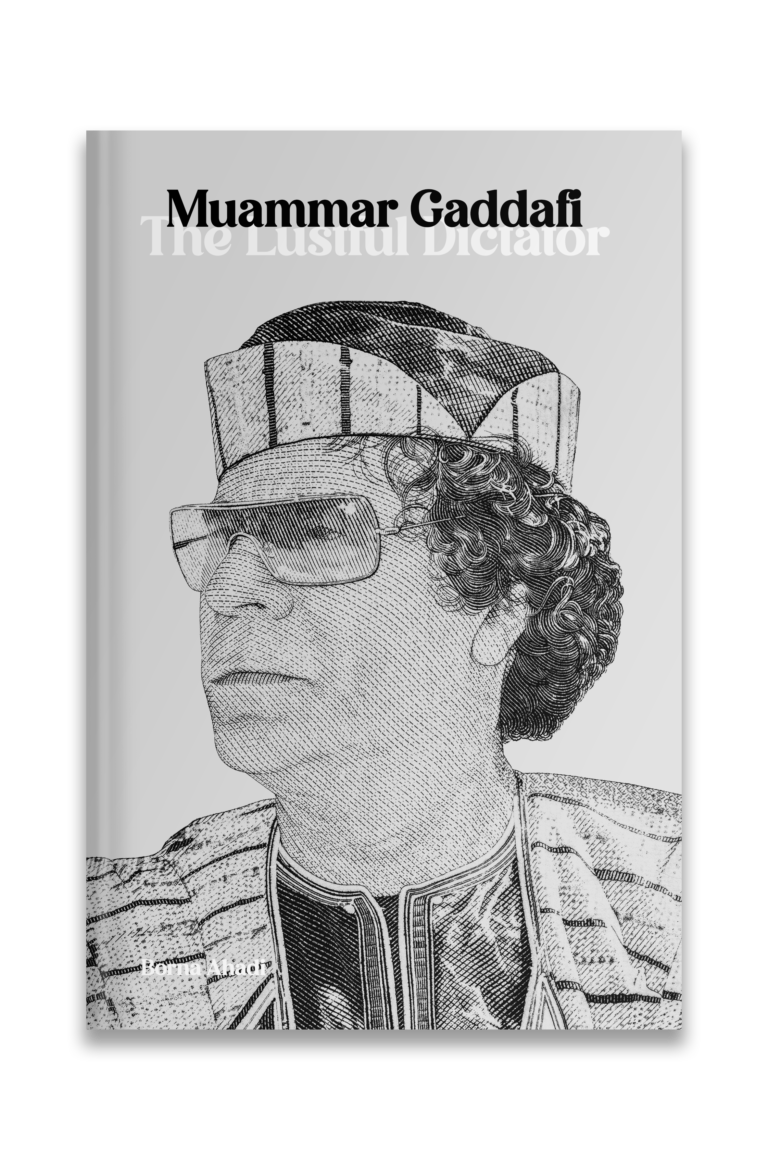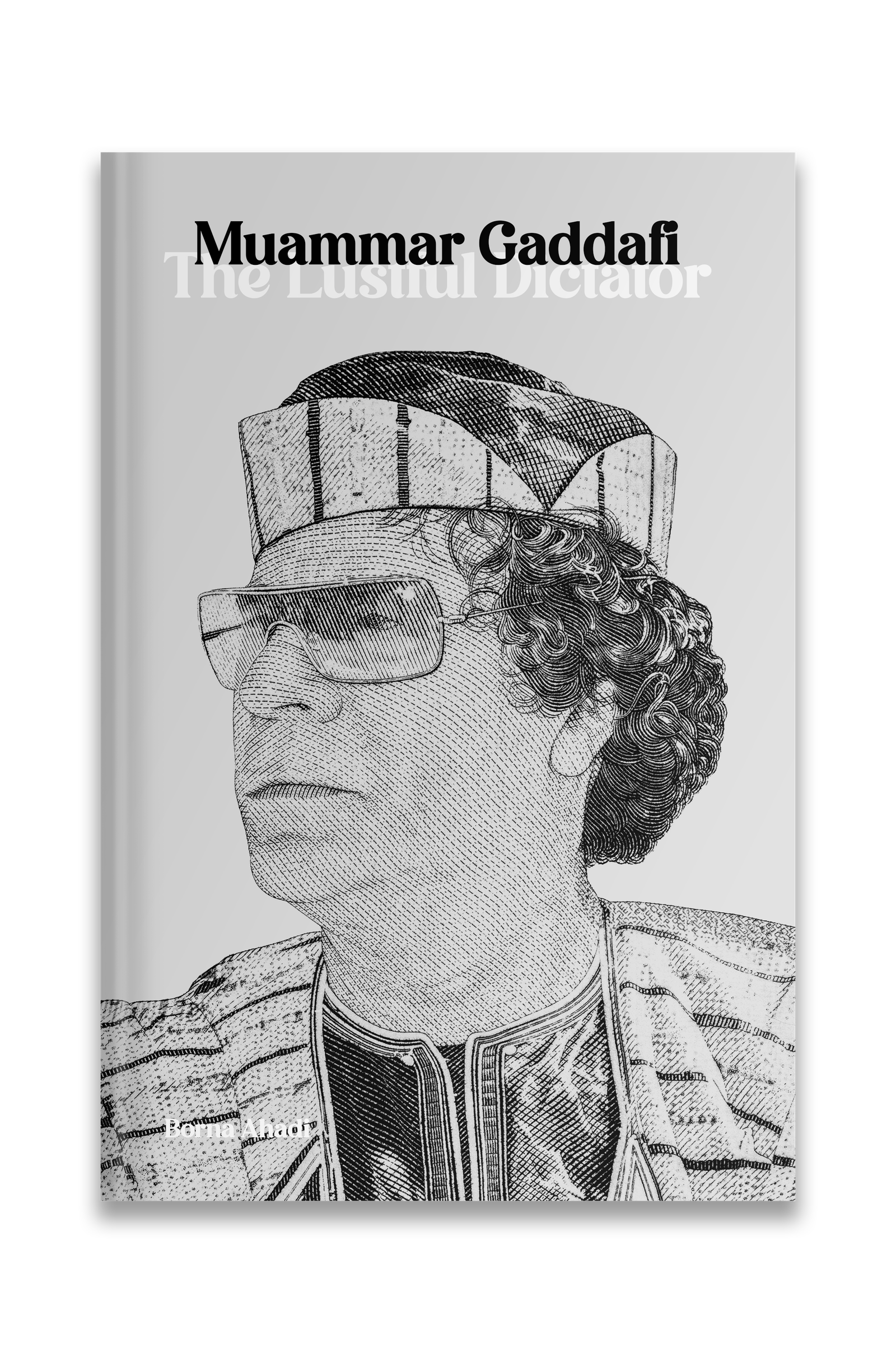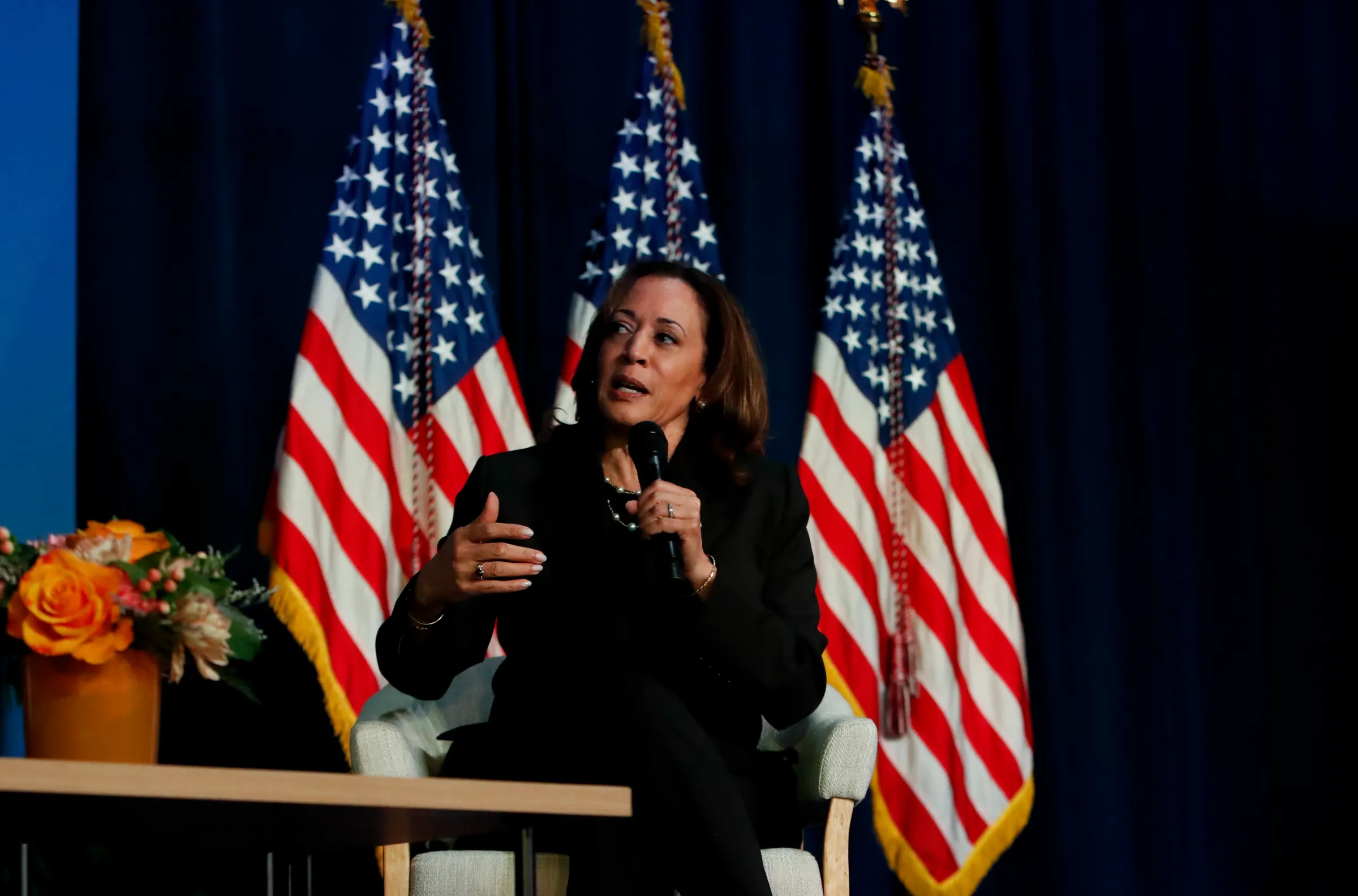
Rewriting the Rules: Trump’s Schedule F and Its Potential Transformation of the Federal Workforce
Introduction
In October 2020, former President Donald Trump issued an executive order introducing “Schedule F,” a plan that aimed to drastically alter the structure of the U.S. federal civil service. This controversial move was designed to reclassify tens of thousands of federal employees into a new category, effectively stripping them of long-standing job protections and making them at-will employees. The implications of this plan are far-reaching, sparking debates about its potential effects on governance, public administration, and political dynamics in the United States.
Understanding Schedule F
Schedule F aimed to create a new classification within the federal civil service for positions that are involved in policy-making, regulatory functions, and confidential advisory roles. The rationale behind this move was to ensure that the president had greater control and oversight over these roles, ostensibly to align them more closely with the administration’s policies and objectives. The reclassification would have applied to approximately 50,000 federal employees, removing their civil service protections and making it easier to hire and fire individuals based on loyalty and performance source.
Implications for Governance
- Increased Politicization: The most significant concern surrounding Schedule F is the potential for increased politicization of the federal workforce. By converting career civil servants into political appointees, the plan would undermine the merit-based system that has been a cornerstone of U.S. public administration since the Civil Service Reform Act of 1978. This could lead to a workforce more loyal to the president than to impartial governance, raising the risk of corruption and reduced accountability source.
- Impact on Government Performance: Research consistently shows that politicization of public services leads to decreased government performance. Civil servants protected under the current system are able to provide honest, unbiased advice without fear of reprisal. Removing these protections could result in a chilling effect, where policy advisors are less likely to speak truth to power, potentially harming national security and other critical functions source.
- Risk to National Security: Many of the roles targeted by Schedule F are within national security agencies, such as the Department of Defense and the Department of State. Politicizing these positions could undermine the effectiveness and stability of these agencies, as experienced and knowledgeable employees might be replaced with politically loyal but less experienced individuals source.
Relation to Trump’s Assassination Attempt
The introduction of Schedule F has also been linked to the attempted assassination of Donald Trump. Some speculate that extremist groups, fearing the implementation of such a drastic overhaul of the federal workforce, could have been motivated to prevent Trump from enacting this plan. The reclassification would significantly alter the balance of power within the federal government, threatening the positions of many career officials who are seen as obstacles to Trump’s vision source.
Conclusion
Trump’s Schedule F plan represents a significant shift in how the federal civil service could be managed, emphasizing loyalty and political alignment over merit and impartiality. While supporters argue that it would streamline government functions and increase accountability, critics warn of the dangers of politicization, reduced government performance, and threats to national security. The ongoing debate around Schedule F underscores the broader tensions within American governance and the challenges of maintaining a nonpartisan, effective federal workforce.
For further reading:
- Protect Democracy’s Analysis of Schedule F
- Lawfare’s Detailed Overview
- Brookings Institution’s Report on Schedule F
The Controversial Blueprint: Trump’s Schedule F and Its Potential Impact on America
-
The Rich Idiots: What They Know That You Don’t
Introduction You’ve probably seen the iconic film The Wolf of Wall Street, just like I have. The movie, starring Leonardo DiCaprio, captures the chaotic life of Jordan Belfort, a stockbroker…
-
Muammar Gaddafi: The Lustful Dictator
### Introduction Throughout history, many rulers have held the belief that their vision alone could create a better world. These figures often saw themselves as destined leaders, imbued with the…
-
David Ben-Gurion: The Man Who Built Israel
Introduction: The Birth of a Nation Before diving into the historical journey of Israel’s formation, it’s crucial to recognize that this moment in history was not merely a political event…





























